When the Fallout 76 was hated, Jeff Guardian, who was eventually responsible for turning around – a little more than a slight dodge woo.
“He reminded me of a lot of Fallout 3,” he says. “We made a decision that was controversial, and we thought it was for the best sports sports. We made a purchase from everyone, we implemented it. This proved to be a wrong decision.”
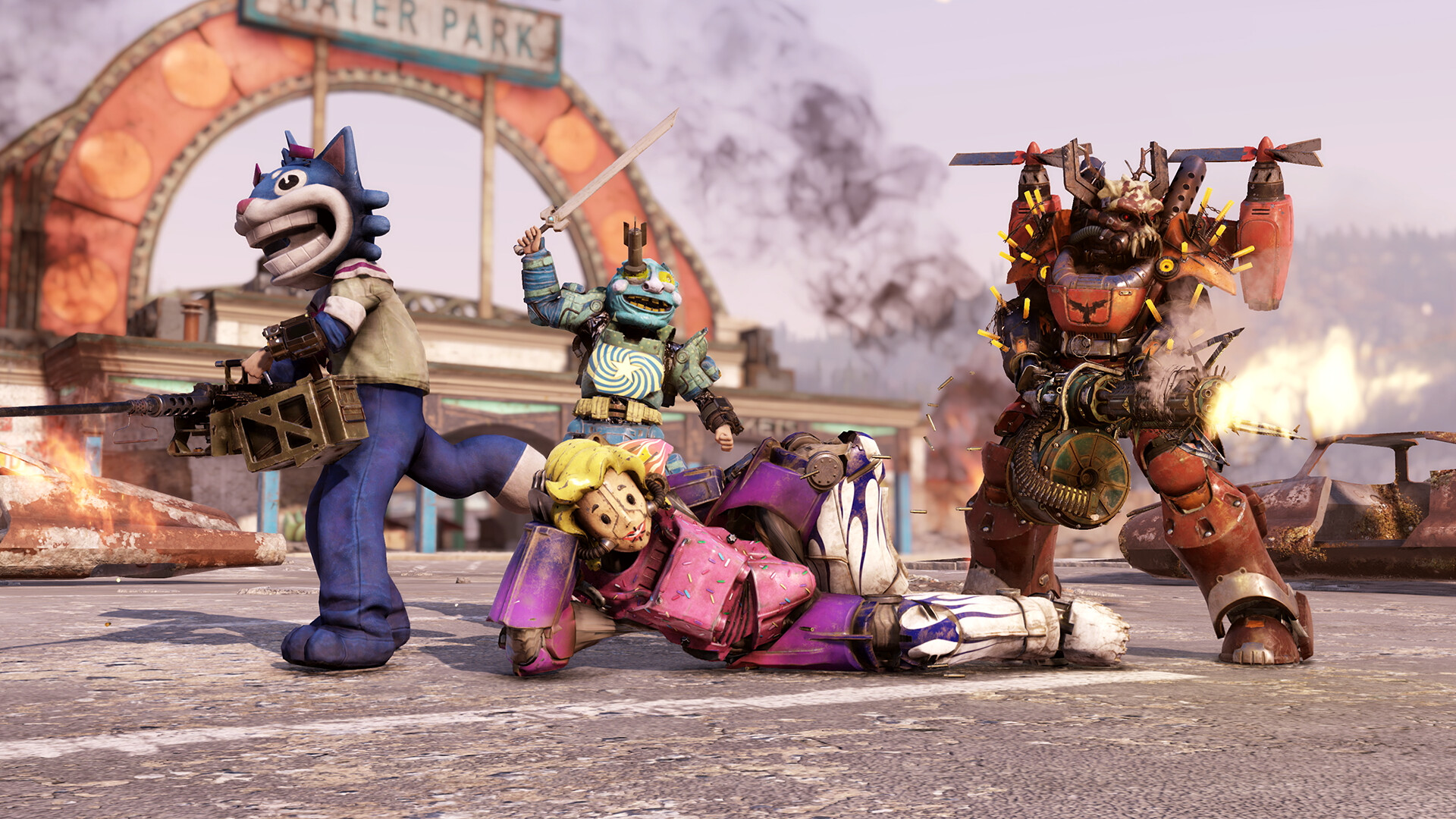
You may not even remember mentioning by the Fallout 3 Debical Guardian, so there was a Betasida course correction at this time. But in 2008, when the studio’s dear RPG series was resumed for the first time, the main Quest line ended with a full stop. The main theme of Fallout 3 was a sacrifice, and that meant that it should be left behind. “People forget,” says Gardner. “You hit the ‘The End’ screen, okay? It was extremely controversial. In the first launch of the DLC, we pulled it out.”
It was rimble before the earthquake The end of the mass impact 3. You can present both events as prisoners, examples of disturbing ideas in which artists retreat their work on the article and handed them over to the audience. Yet in the case of Fallout 3, the flaws are clear in the original end. For many years, in Elder Scruses, Bethesda promised players that they could live another life, in another world. With Fallout 3, the studio was shortened this life.
The Guardian says, “I think we set up a sample with Morrand and Murraya in our games.” We have decided that we have failed to supply it. And we too had problems with the DLC. If your story arc is over, and then you put it in the DLC and you are asking the players to go back to the savings game, it feels strange. “
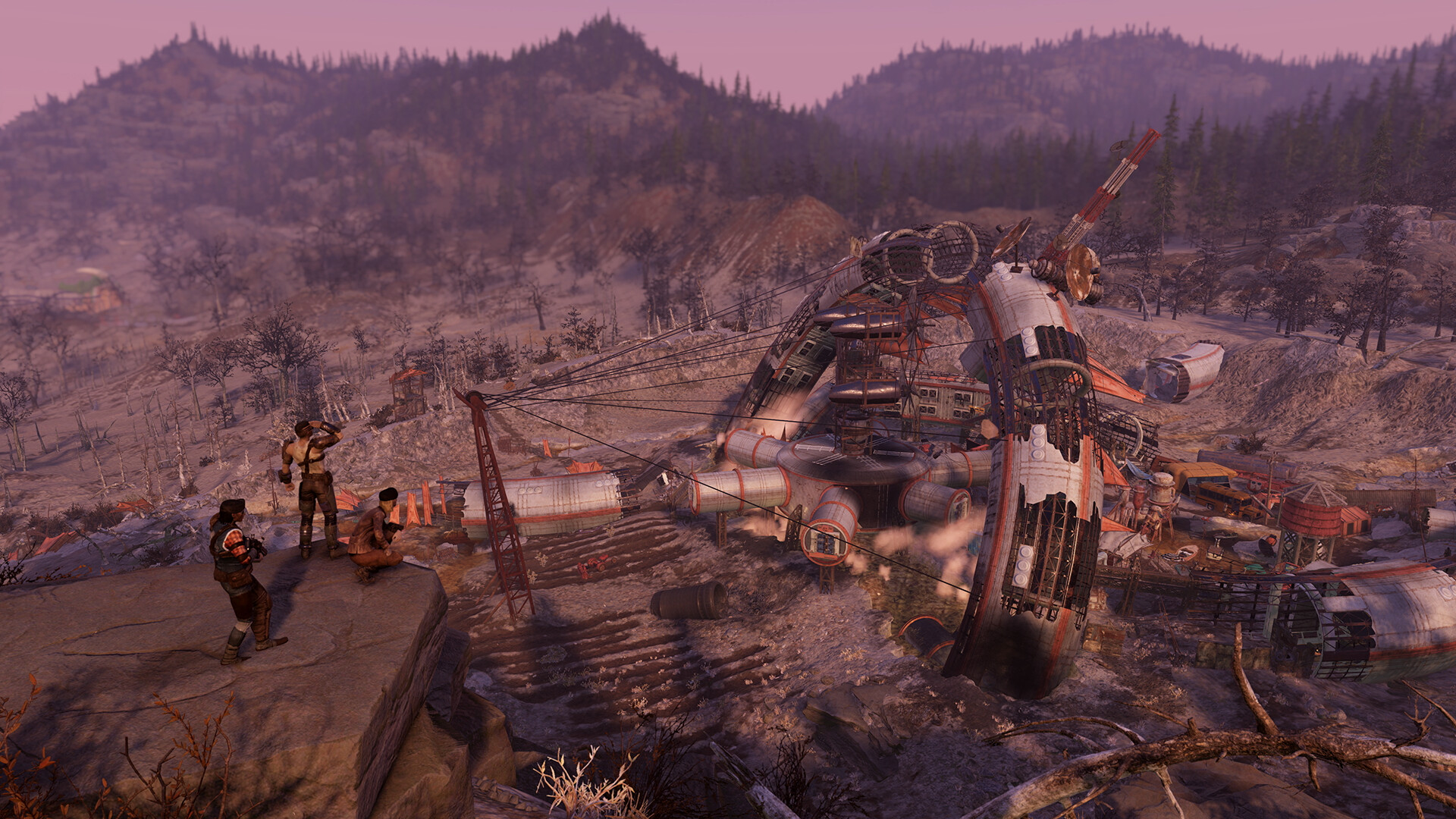
Eliminate the Fall Out today, and will wake up two weeks after your elimination events, which are ready to include steel brotherhood as well as raid loyalists. The real result is a historical margin. “The only people who played it at that time,” says the Guardian. “For everyone who plays after this patch, this is nothing for them.”
There was a lot of fighting behind the scenes, I would be especially honest about PVP.
Jeff Guardian
Later, after a long carrier to Bethesda, which included personal balance of Skyireium two weeks before it came out, the Guardian became the project lead at Fall Out 76. “It was strange,” he says. “The title of the project’s leadership was not much in this process. So I was still running a large part of the time as a lead producer.”
The most notorious preliminary design calls of this game – namely the decision to get rid of Western Virginia’s lost NPC, and to conclude with the elements of multi -player survival gender were mandatory. The Guardian team had to be. “The original vision of Fallout 76 was a very unique and clear ideology.” “But people forget that it had a lot of PVPs in it. There was a lot of fighting behind the scenes, I would be honest about PVP.”
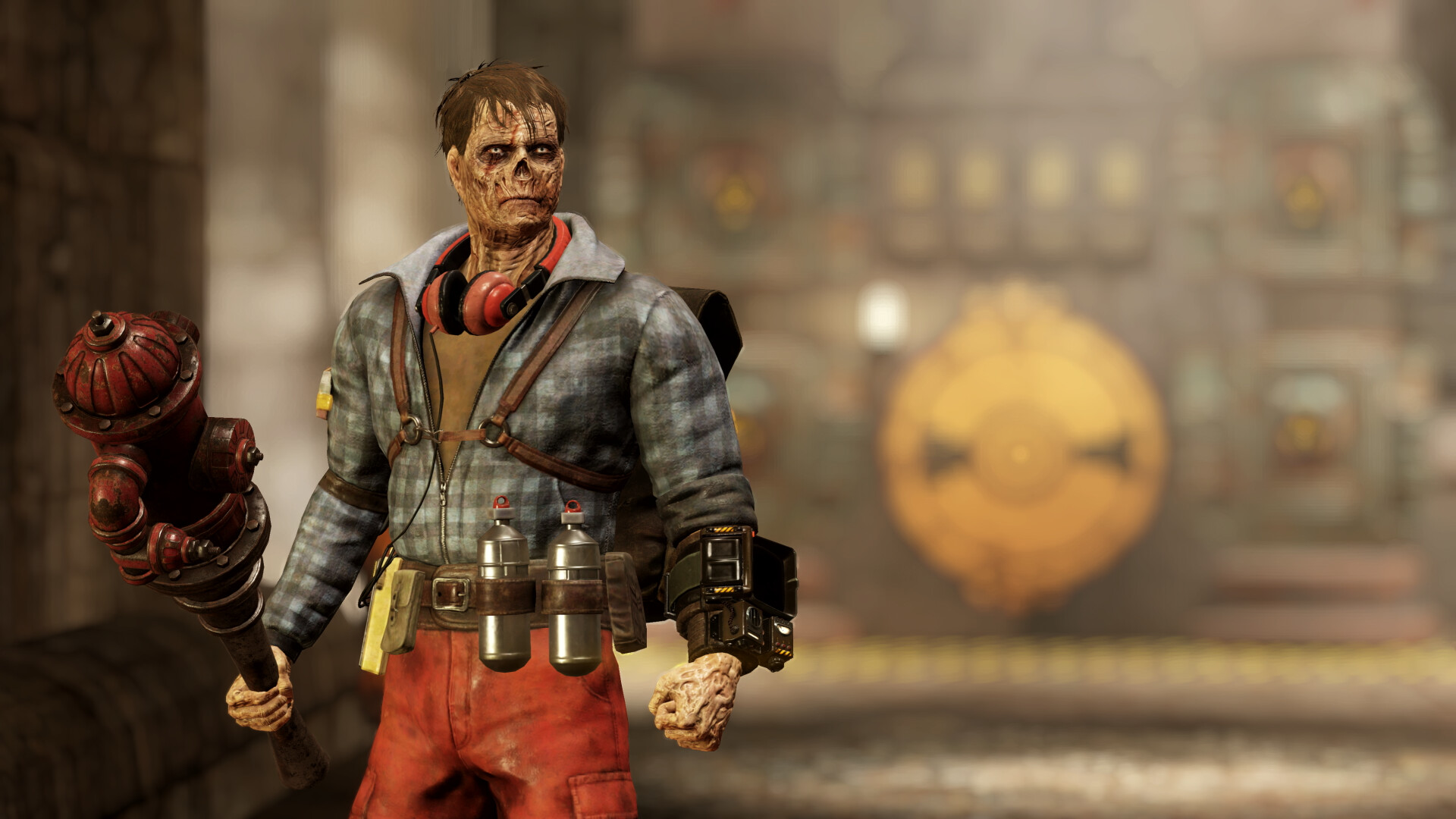
The Guardian was personally cautious of grief. He says, “At first it was always with everyone in the PVP.” And I was like this, “It’s great in the theory, but in practice, there is a group of 10 -year -old children coming into the game, and their fun is wasting your day.” Finally, Betasida, with fellow players.
But PVP was just far away from the problem in which the Fallout 76 team had to be detected. There was another base building. The system was already established in Fallout 4, which had to be re -imagined for MMO servers. The Guardian says, “We were always like, ‘which player is going to host him? Because they will eventually stop playing, and then I have to do it again and again.” “And that’s why I really liked the camp system. This is still one of my favorite things I influenced. “
As any result knows 76 fans, your base travels with you between servers, wherever you last built it. It is a great power of the game, so that you can make your home a corner of the wilderness. Yet the camps were also over. “It was technically difficult to find out, because whenever you drop the complicated structure in an environment, which can affect rendering,” says Gardner. “You can affect someone else’s game.”
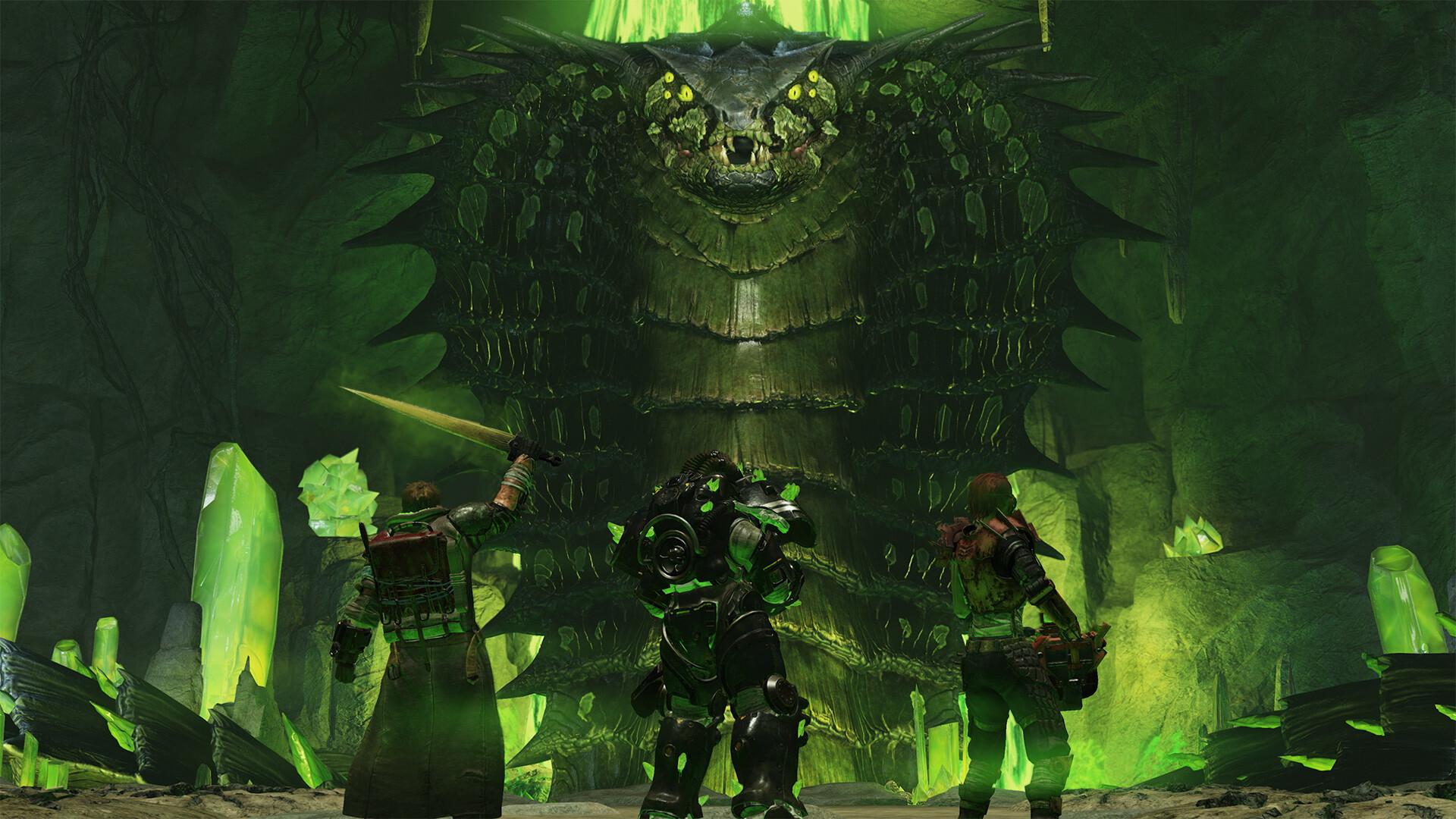
In Fallout 4, Bethesda’s philosophy was that if he wanted, let the players be tracked in the trash with maximum construction. “But in 76 you are breaking all the games, okay? Everyone who is with you.” The solution was to keep a tough limit on how low the player could be through a “weird” budget system. Not ideal.
More painful, if a player logged in and found out that someone else had taken his usual place, his camp was safe as ‘Blue Print’. As a result, they can be used to rebuild somewhere else. In practice, the uneven nature of the region of Western Virginia made it extremely difficult. The Guardian says “he suck, because your camp was not there, and the blueprint system was not so good.” “And I’m putting it lightly. It is in danger of being both producer and creative superiority, because you don’t want to think much about a creative person about the budget and the schedule. Then they will make decisions that are not the best decisions.”
In distress, the Guardian wants to focus on purely the project creatively, and give the production duties to someone else. But there were other challenges that went beyond the Maryland headquarters in Bethesda. Fallout 76 was widely developed by Bethesda Austin, a new Texas team that joined the company after the cancellation of his Victor Antonov Arena Fighter, Battlecari.
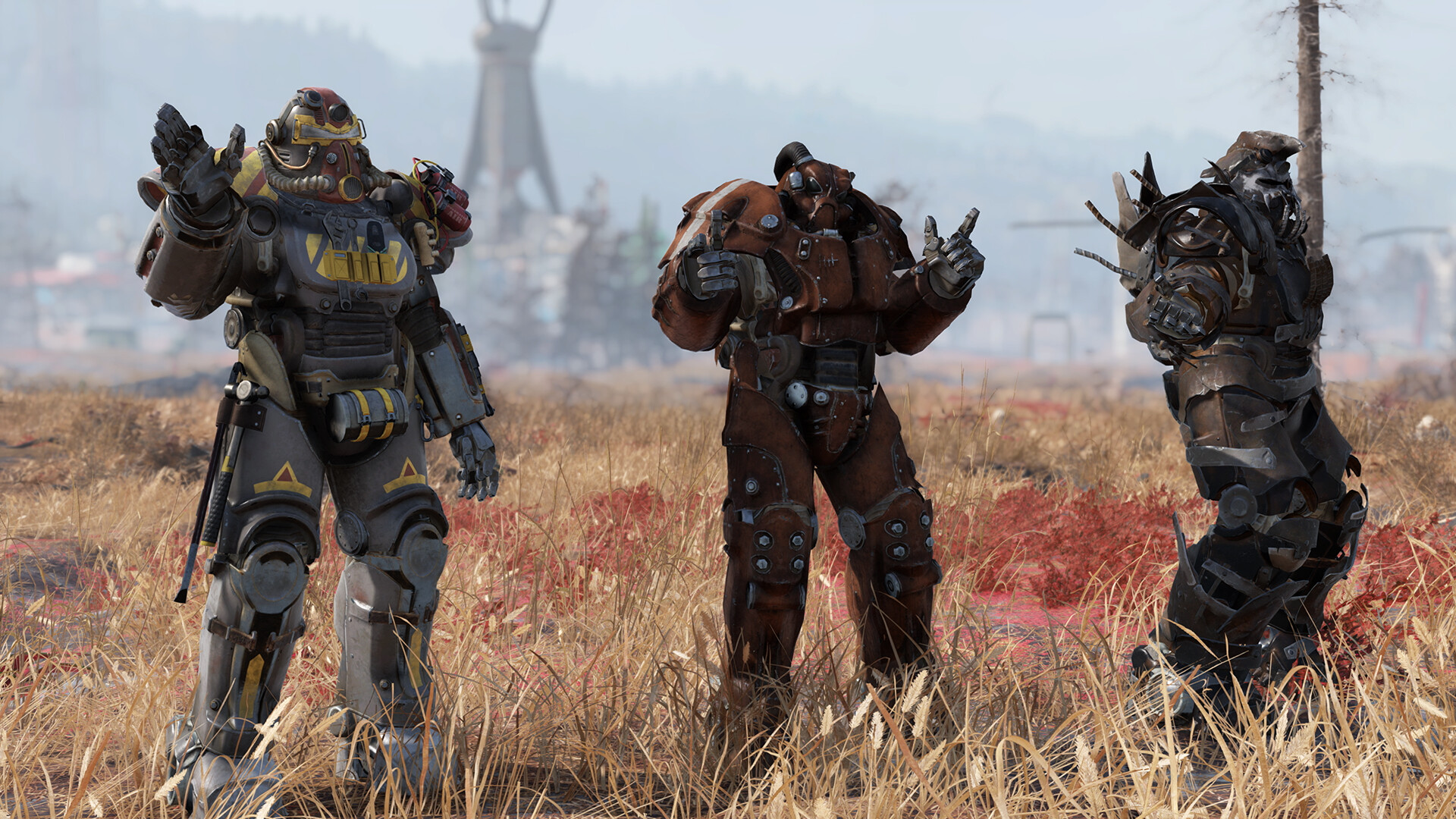
The Guardian says “it is difficult to establish trust.” They were all new. And then we had a distance. So it was a very difficult project in many ways. It was difficult because I had many learning letters that I was not aware of at the time, like remote work. “
It certainly deserved all his criticism.
Jeff Guardian
In 2022, Kotaku published a Harmful reports He described the human cost of Fallout 76 in detail. Sources alleged that the project was strictly mismanaged, and that Bethesda Austin’s existing multi -player skills were not fully used until after launch. Certainly, the Fallout 76 was released in a tragic state, which has directed most of the public’s unpleasant insects and the central Quest Line, which has told the story through the holotps and note on the bodies.
“You’re asking players to listen to or read things or read things, of which they are not really doing, because they are running and shooting,” says the Guardian. “There were problems with balance in the game when we also launched it, had problems with rising bullets. It certainly deserved all criticism of it. He taught me a lot, as it hurts.”
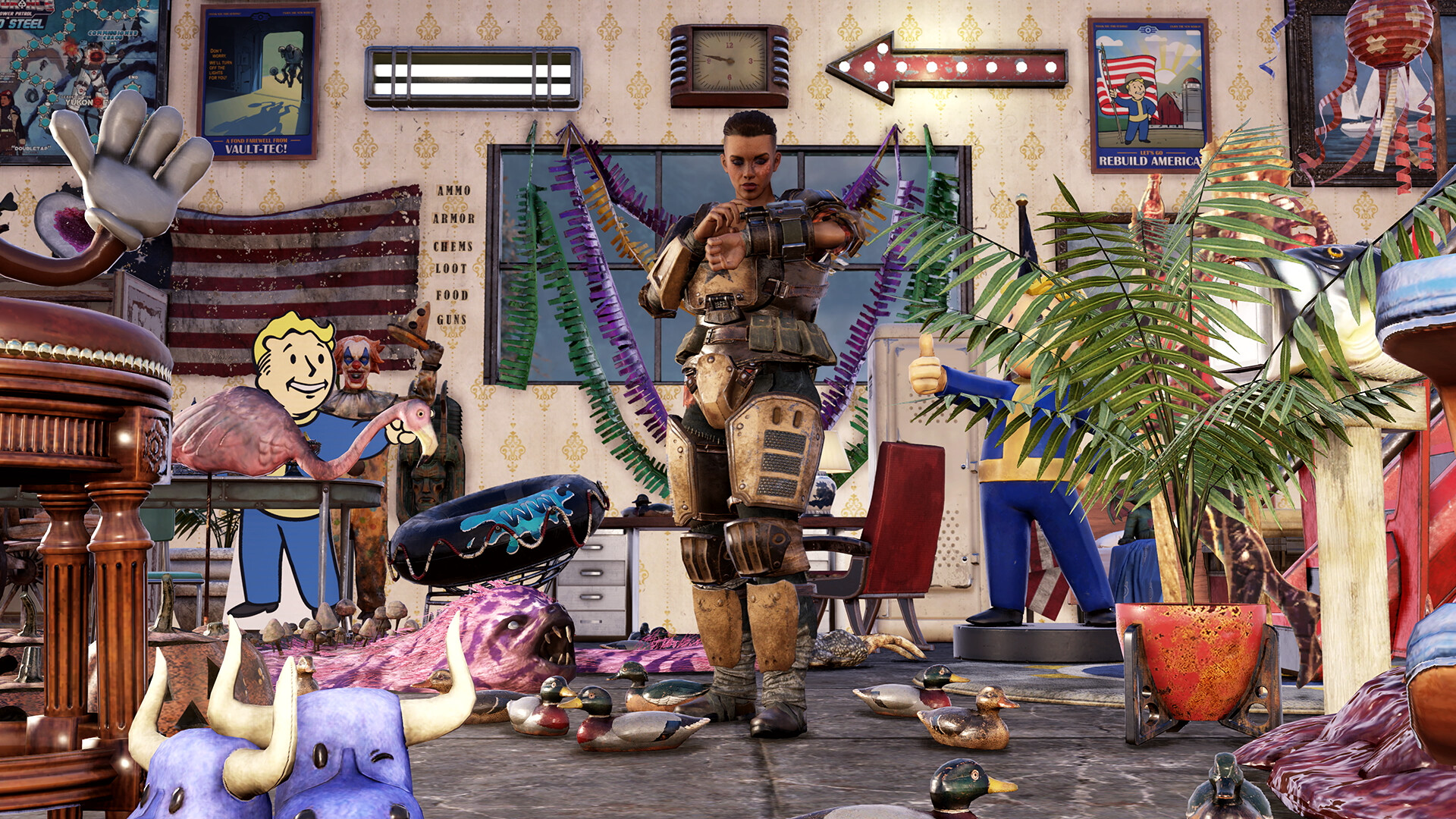
Great negative feedback has a detrimental effect on the Betasida staff. The Guardian says, “When you have presented a game that is notorious, especially on a team that has achieved such success, these morale are double -badly bad.” “I screamed in an Apple store, I’ll never forget.” After the launch, he considered his job to make sure that the developers working on Fallout 76 liked the game themselves. He called for solutions from them, and tried to empower them to change. “I thought this was really important.”
The new approach-which is particularly contradictory to the high-ranking mandate, which featured early development. The refreshment of the change settled Western Virginia with a living NPC and dialogue -driven Quest Lines, in recognition of the fact that Bethesda had made a mistake. “We did not have fake elements at the time of launch, because they were all other players,” says the Guardian. “And we didn’t have a story. So you took out two elements of the Bethesda Games that made them Betasida games.”
Changing the flow of Fall Out 76 was not a small feat. “The team in Austin and Rockwell did so well with him, the Guardian says. “It was not just like washing old tools from Morrind and using them in 76, because we had burst it all. It was Herculeine Lift.” At stake, not only was the future of the Fallout 76, but also the overall fallout. The Guardian says “negative emotions were hurting the brand.” At that time there was a lot of pressure, because it was the last thing we tried. I mean, we put a war royal. We made a lot of wrong decisions from the waste in the last year, which really hurt him. “

Cradually, it was the Westlanders who marked the start of the Fallout 76. He restored a development team that the Guardian said, and eventually it felt that he could wear his Betasida gear again. “Finally you finally looked beyond the West Landers and then: ‘I’m proud now that I am working on this game. I don’t have to hide the fact that I worked on it.”
The Guardian has later left Betasida to work on Verdsong, a new fantasy RPG that attracts all its experience in Bethesda. Nevertheless, despite the onset of the beginning of the fallout 76, he is also proud. “People always ask, ‘Which is your favorite sport on which you have worked on?’ Since 76 was such a difficult game and then it turned to a successful game, it is probably my favorite. “


